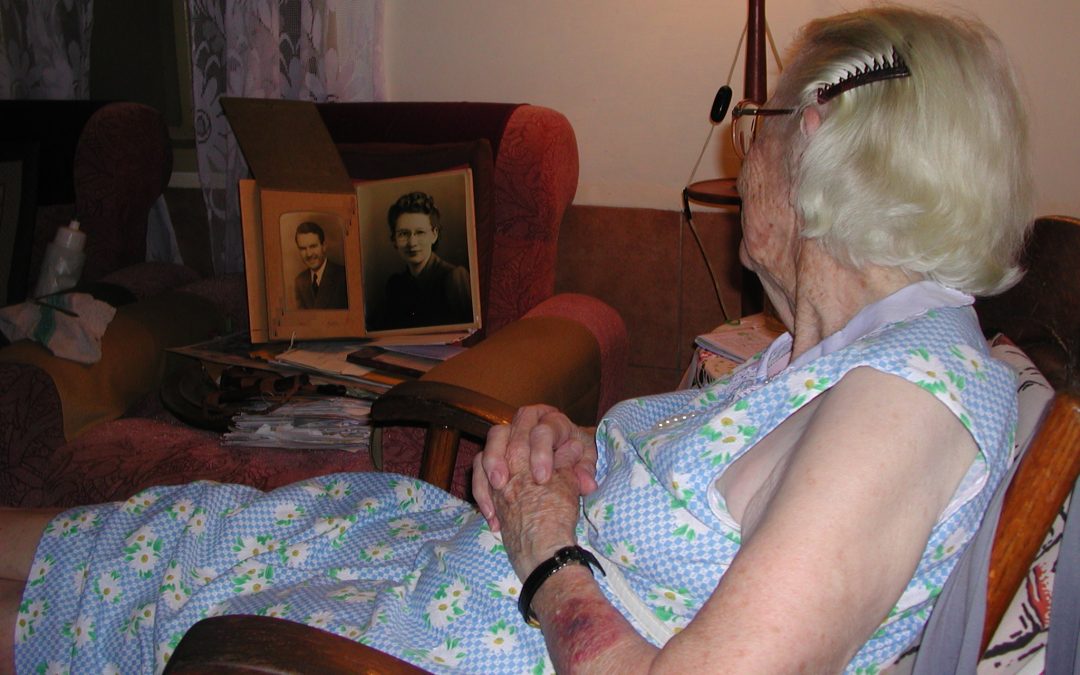My Mother, Gazing at her Youth
It seems the invisibility curse of the elderly is especially harsh on women. A recent article by Ann Brenoff in AARP pointed out that women are increasingly unseen, marginalized by the younger, and left feeling that they no longer have anything worthwhile to contribute.
Referring to her anticipated disappearance on her upcoming 50th birthday, the writer Ayelet Waldman is said to have told an interviewer, “I have a big personality, and I have a certain level of professional competence, and I’m used to being taken seriously professionally. And suddenly, it’s like I just vanished from the room. And I have to yell so much louder to be seen. … I just want to walk down the street and have someone notice that I exist.”
Similarly, Tamara McClintock Psy.D. in a recent post on the “Invisible Years,” said she hears many of her older patients (especially women) describe the experience of feeling unnoticed.
Younger people simply don’t see them.
It really doesn’t surprise me that elderly women experience being treated as if they’re invisible. We live in a youth-fixated culture. We’re bombarded with messages about attractiveness that are oriented around young, healthy bodies. When is the last time you heard someone admiring the wrinkles lining an elderly face?
So, naturally, we’re afraid of aging. And when the relentless handiwork of time catches up with us (because eventually it does for each and every one of us), we’re likely to experience exactly what we were afraid of:
That we no longer matter.
We live in an unjust epidemic of ignoring — not seeing — those who have come before us. Those who have provided the foundation and backbone for the world we enjoy today.
Now what are we going to do about it?


Being unseen by others can easily lead to yearning for our younger years when we were seen as important. However, wishing I were somewhere else rather than being here in the present moment isn’t very satisfying for me.